University of Passau, May 19 - 22 2025
Public interest in memory culture, religion, and memory theory has been steadily growing in recent years. This trend is also evident in the European academic landscape, particularly in the humanities and cultural studies.
From May 19–22, 2025, a network conference funded by PICAIS brought together nearly 30 researchers from eleven European countries and fifteen universities in Passau. Both established scholars and early-career researchers came together to connect, exchange ideas, and present current projects on memory, identity, and religion. They were joined by representatives from the University of Passau’s research funding office, students participating in a research-based teaching seminar, and doctoral candidates from the Protestant and Hussite Theological Faculties of Charles University in Prague, attending as part of the annual Prague–Passau Symposium Series.
Organized by Prof. Dr. Sandra Huebenthal, PD Dr. Benedikt J. Collinet (Exegesis and Biblical Theology), Prof. Dr. Christian Handschuh (Church History and Christian Identities), and Prof. Dr. Thomas Wünsch (Eastern European History and Culture), the conference focused less on thematic outcomes and more on building relationships. The goal was to foster collaboration and develop future joint projects in research, teaching, and institutional development.
Reflecting the wide range of participating disciplines, presentations covered topics such as digital humanities, biblical studies, reconciliation work, memory culture, and places of memory. The structure of the event followed a chronological journey through Europe, revealing the importance of cultural and historical context in shaping scholarly approaches. It became especially clear how crucial mutual awareness is, as academic perspectives on concepts like the visual and spatial turns vary across regions and traditions.
To encourage interaction and creativity, the conference moved beyond conventional formats. A poster exhibition introduced participants, their institutions, and projects, helping to spark new collaborations. Five Open Spaces provided room for in-depth discussion of project ideas and research partnerships. These flexible formats proved particularly effective in creating space for open dialogue and intellectual exchange, which are often limited in traditional or online conference settings. The involvement of the University of Passau’s research support team in these sessions was especially valuable, offering immediate guidance on the development of new project ideas.
Key outcomes included the development of international study programs, concrete project proposals, and recognition of Passau as a platform for future collaborations. The conference also revealed great potential for joint academic initiatives across Europe. Connections established from Spain to Georgia and Ireland to Romania underscore the key role of Central Europe in facilitating truly transnational research in theology, the humanities, and cultural studies.
By supporting projects ranging from oral history and confessional identities to summer schools and structural partnerships, the event contributed to sustainable, cross-cultural cooperation and peacebuilding. The University of Passau proved to be an excellent host and partner for building long-term research networks. It is no surprise that participants expressed a strong desire for a follow-up conference to share results and launch new initiatives.
More information and images are available on the website of the Department of Catholic Theology at the University of Passau (https://www.ktf.uni-passau.de/netzwerk-religioese-identitaeten).
More details can be found in the event report.
Benedikt J. Collinet und Sandra Huebenthal

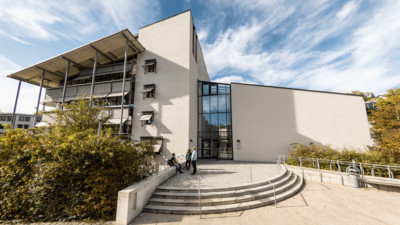

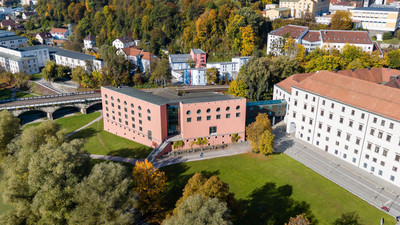

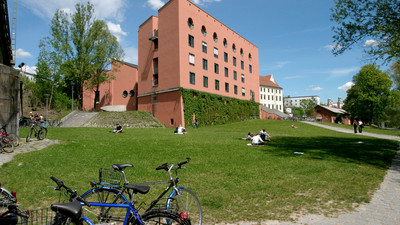

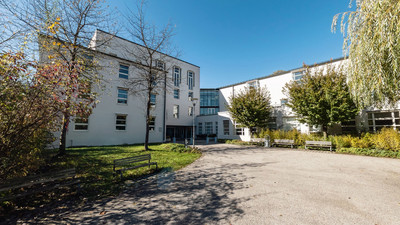

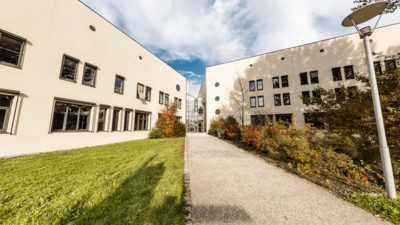

![[Translate to Englisch:] Group photo with all participants](/fileadmin/_processed_/e/3/csm_250519_Huebenthal_Gruppenfoto__1248ec208e.jpg)